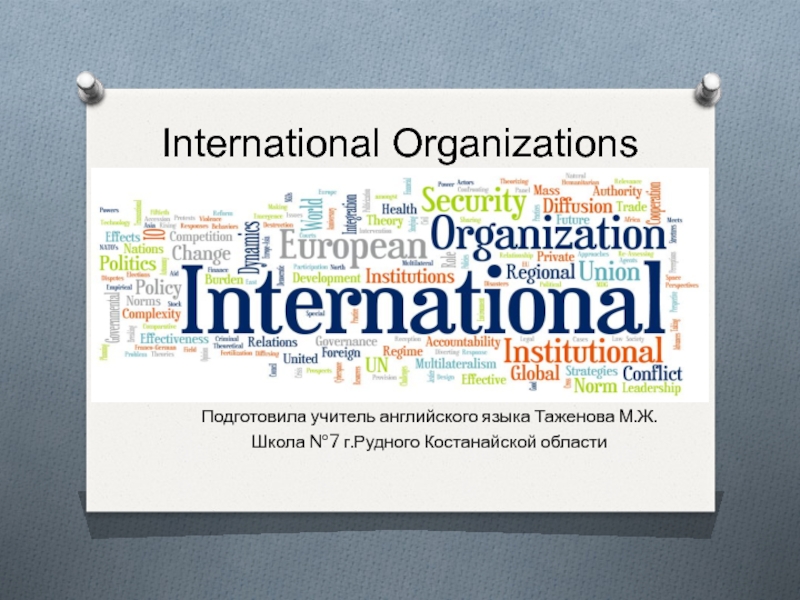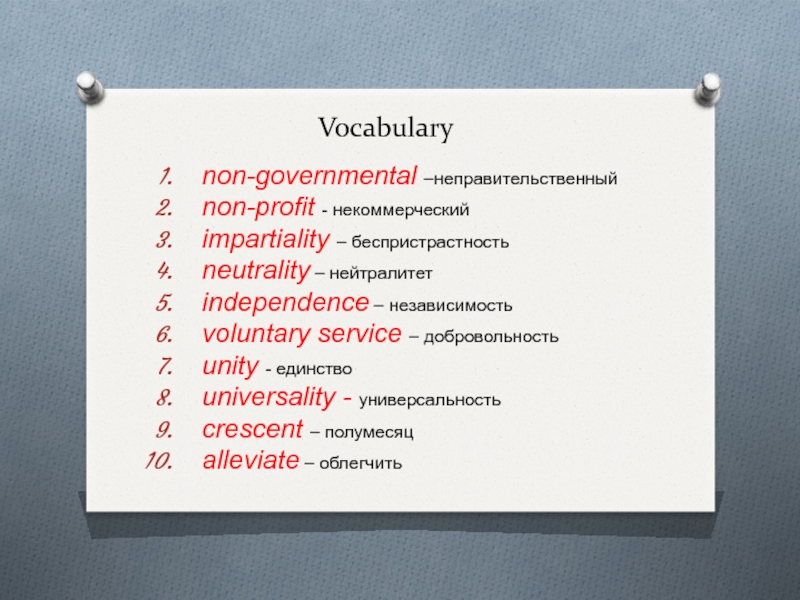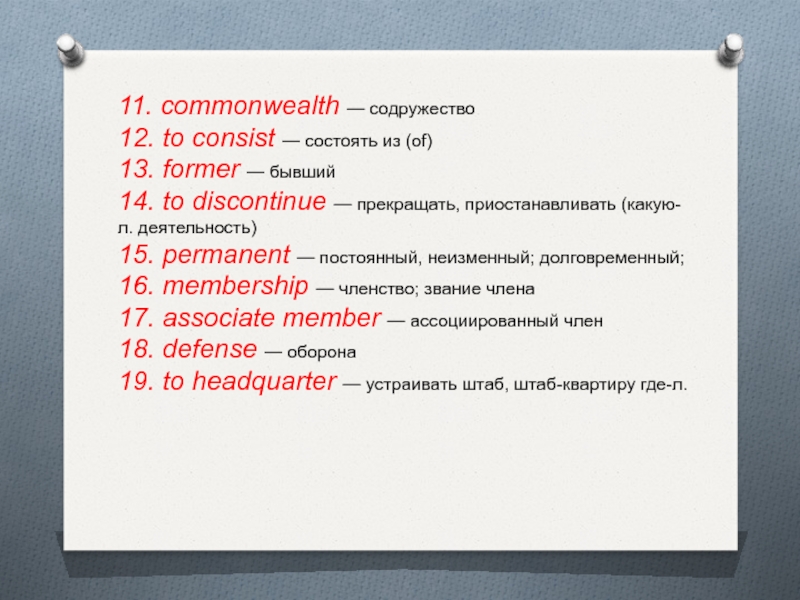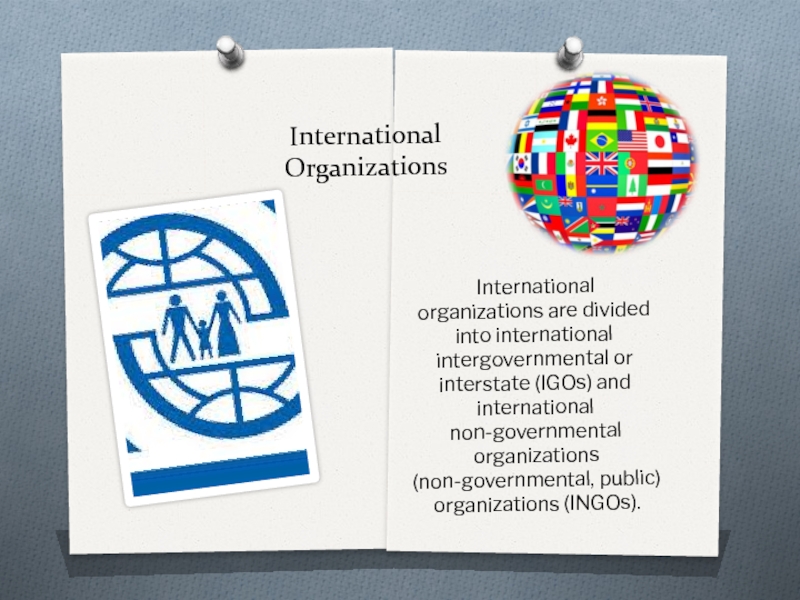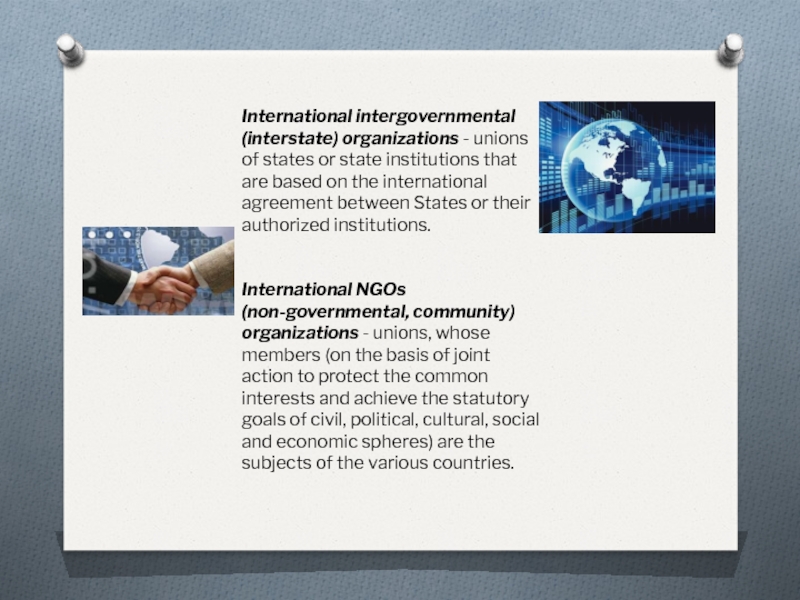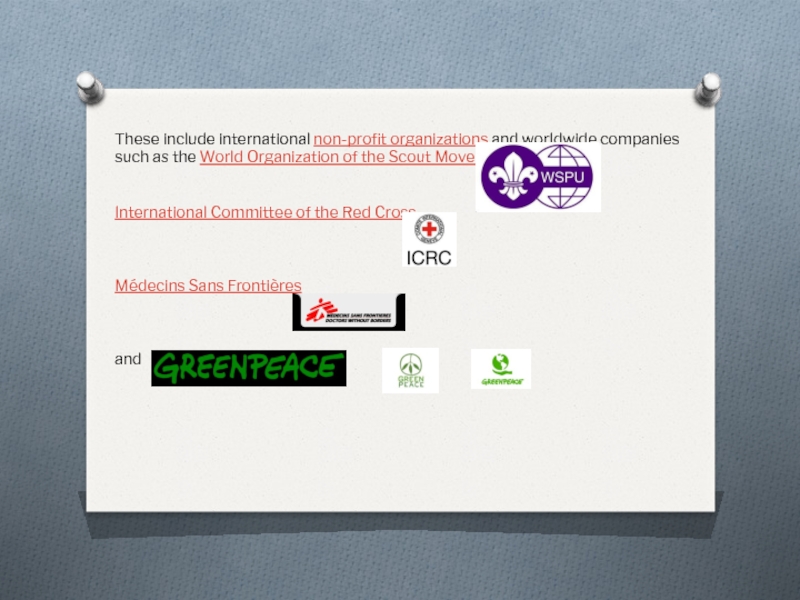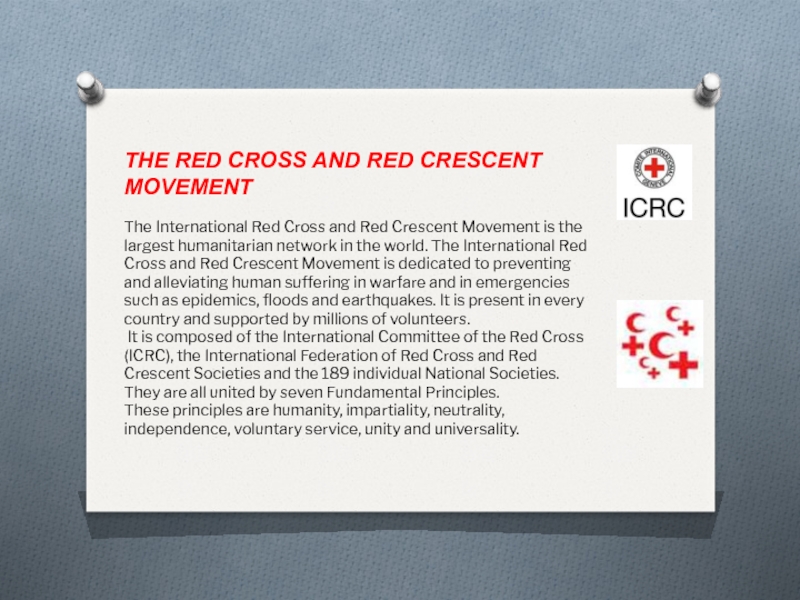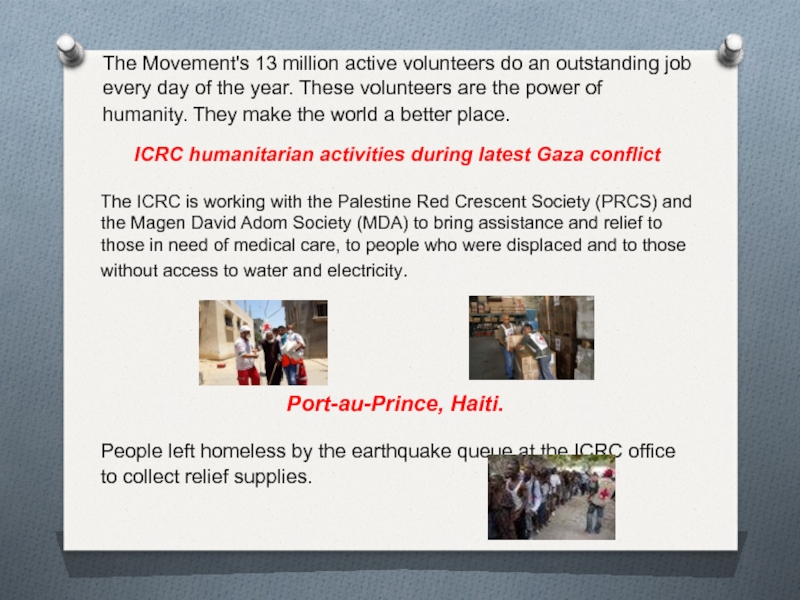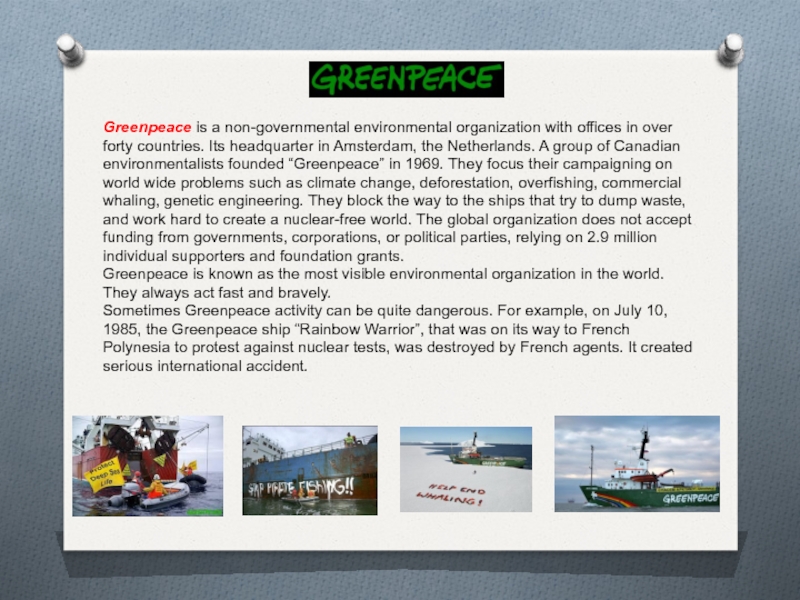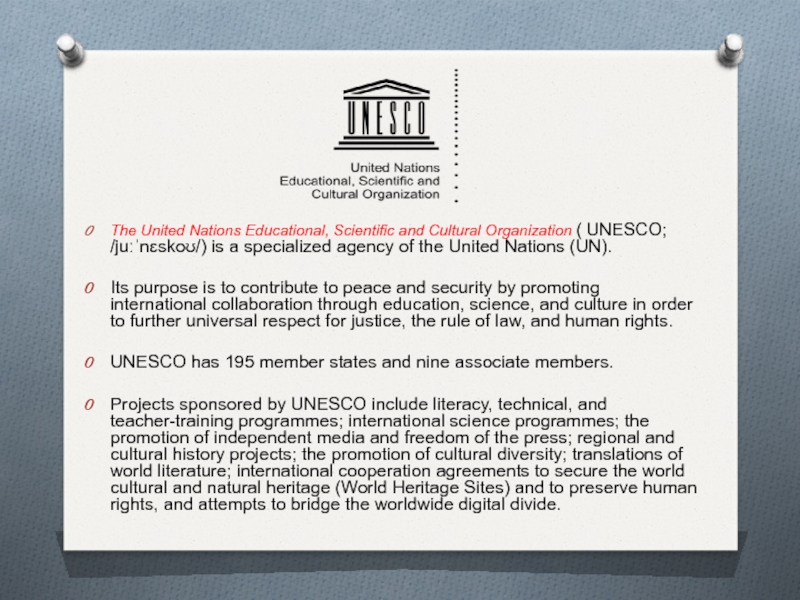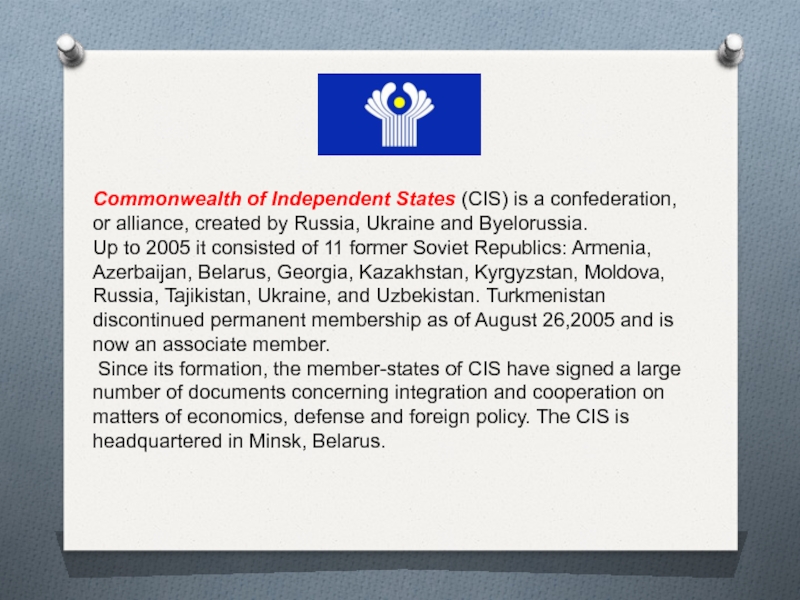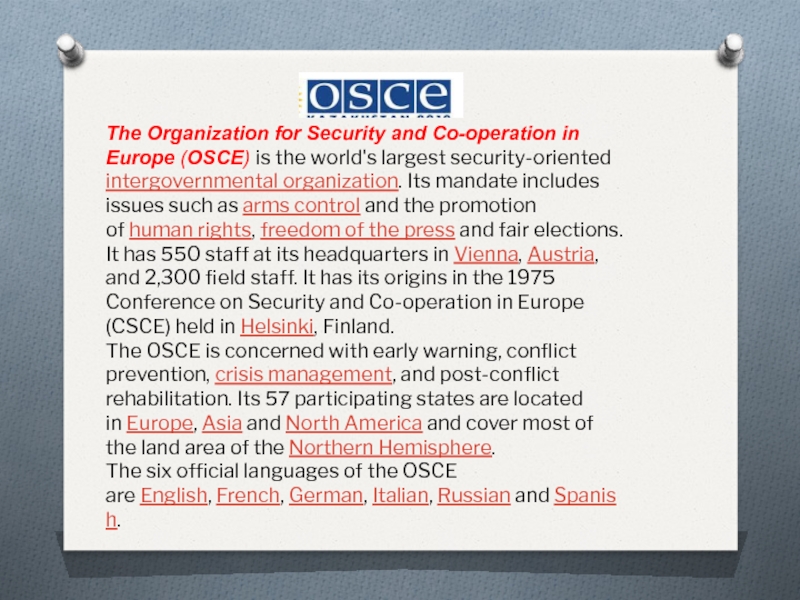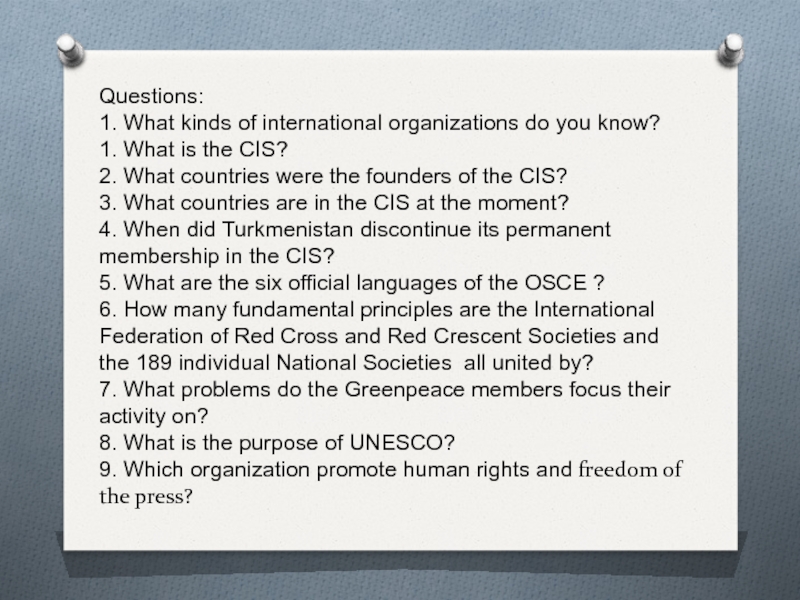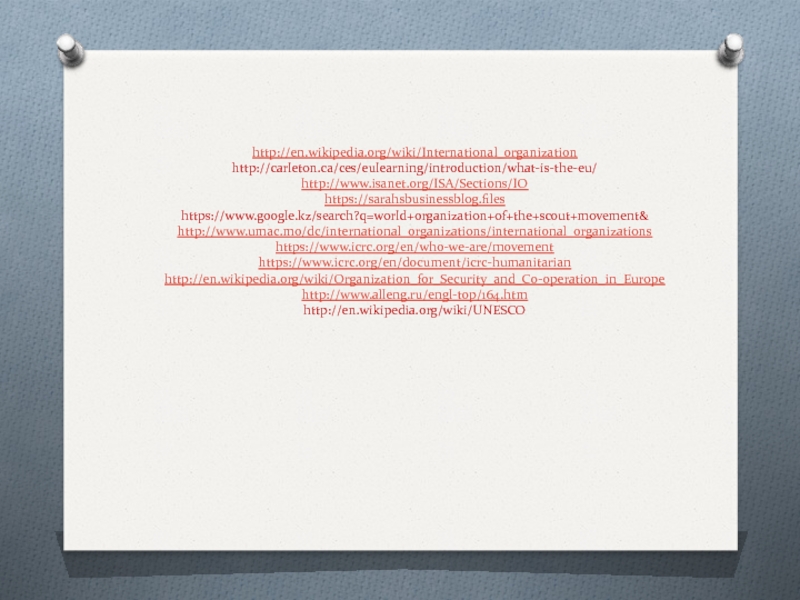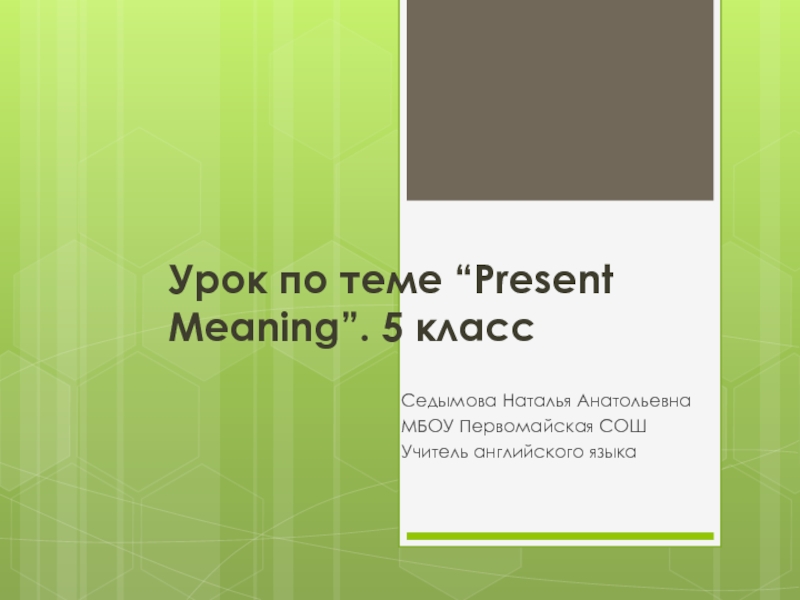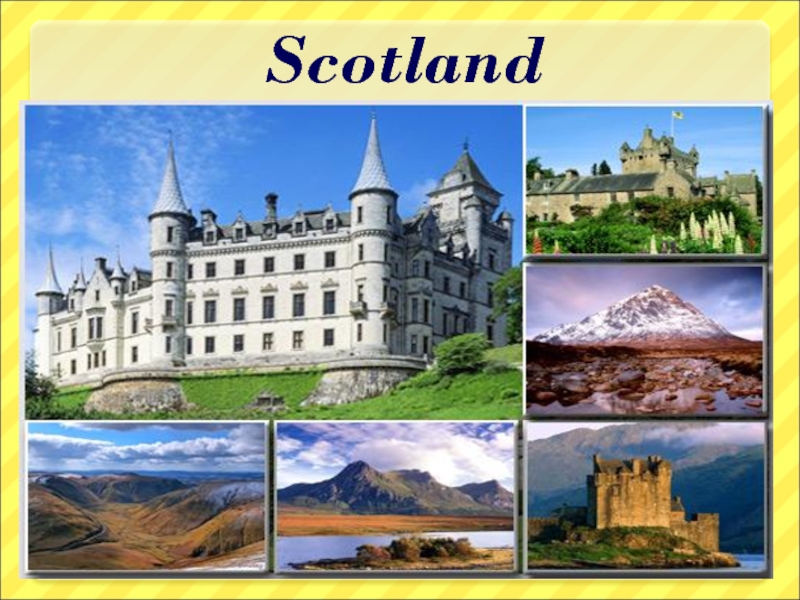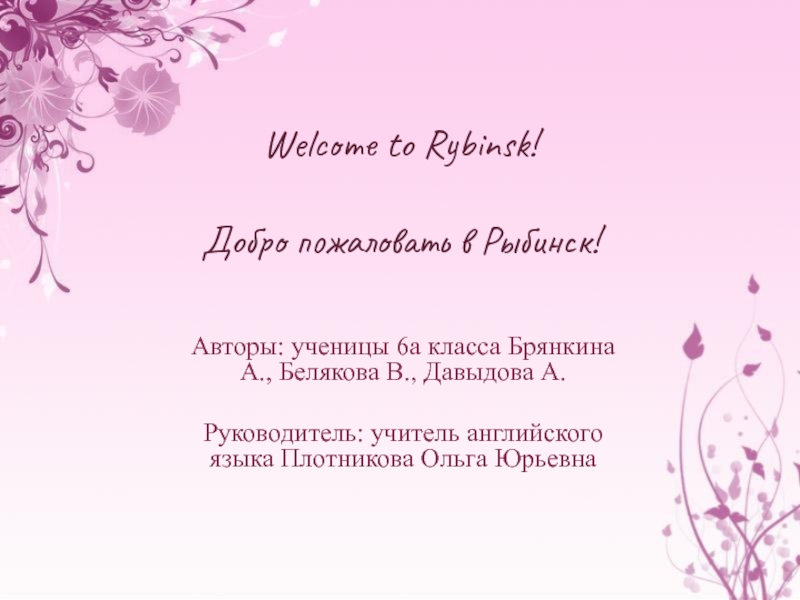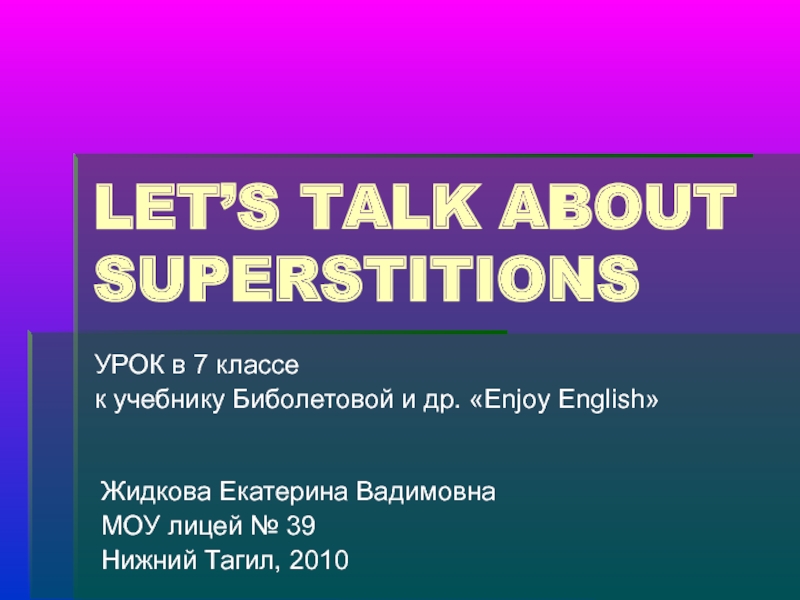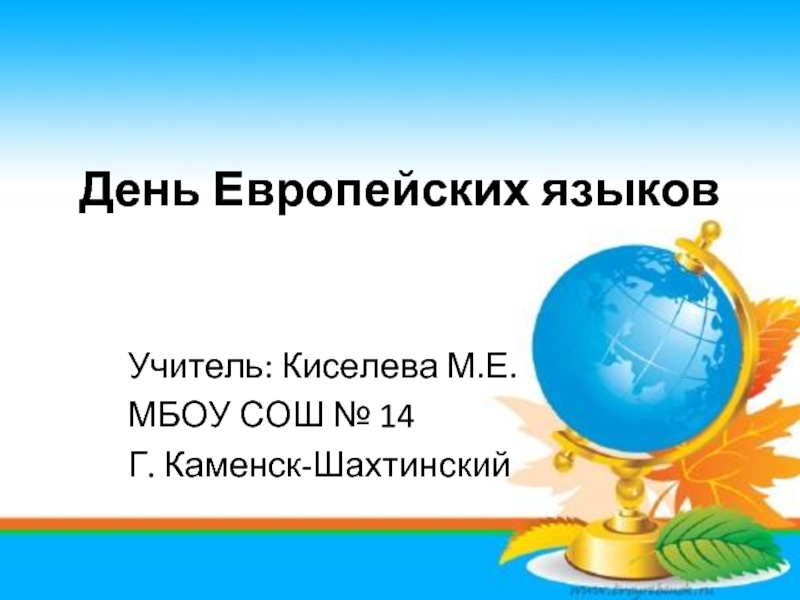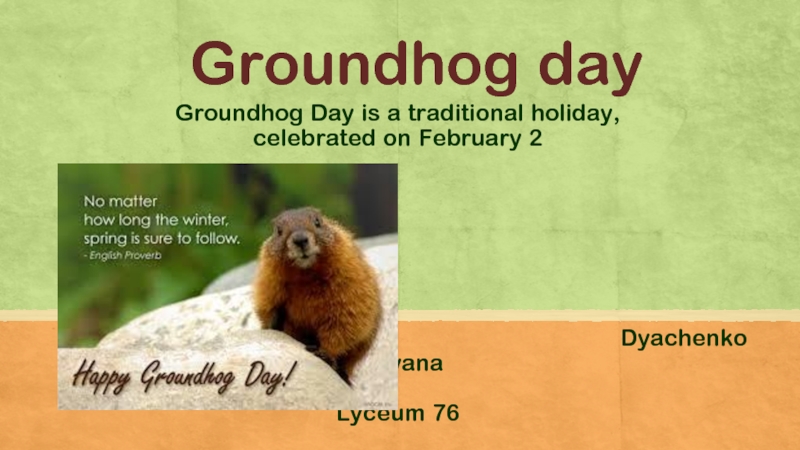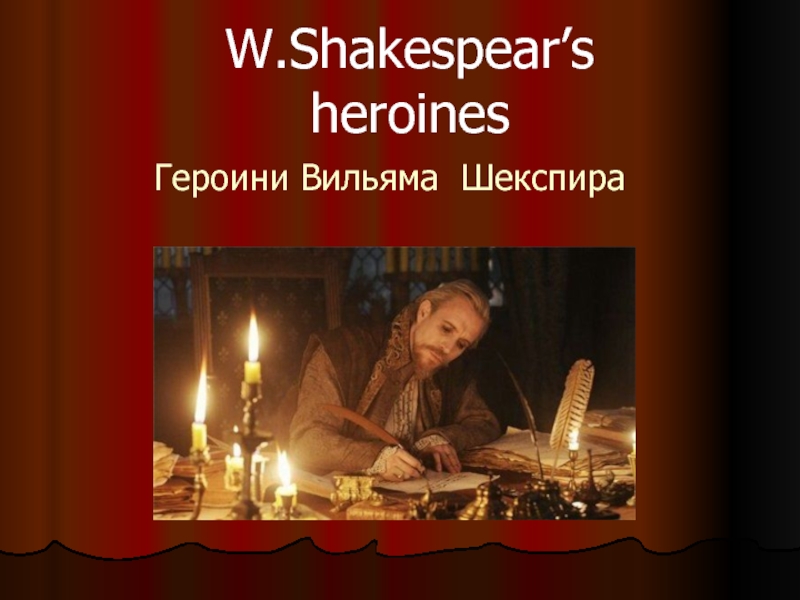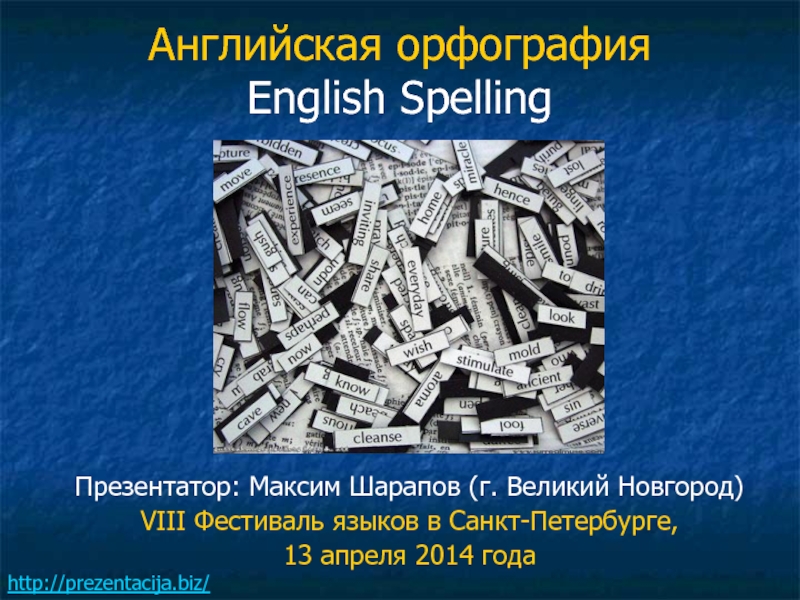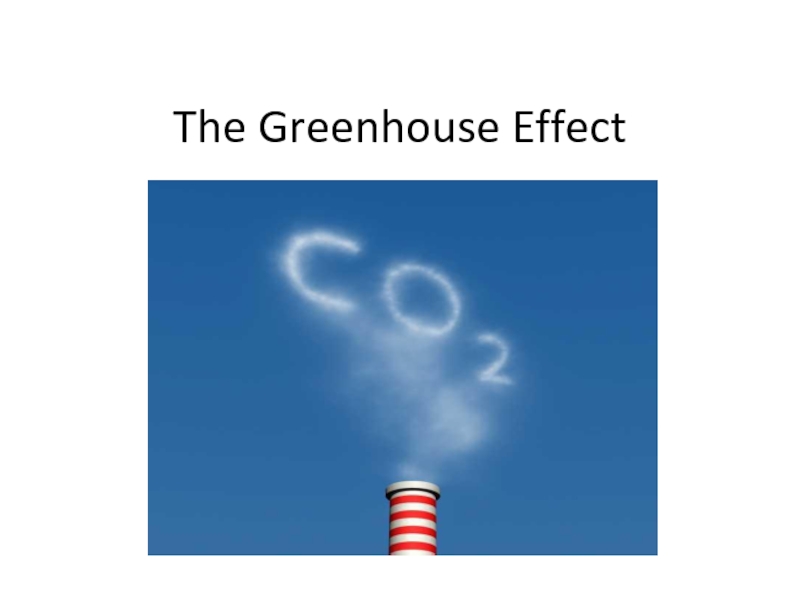Разделы презентаций
- Разное
- Английский язык
- Астрономия
- Алгебра
- Биология
- География
- Геометрия
- Детские презентации
- Информатика
- История
- Литература
- Математика
- Медицина
- Менеджмент
- Музыка
- МХК
- Немецкий язык
- ОБЖ
- Обществознание
- Окружающий мир
- Педагогика
- Русский язык
- Технология
- Физика
- Философия
- Химия
- Шаблоны, картинки для презентаций
- Экология
- Экономика
- Юриспруденция
International
Содержание
- 1. International
- 2. Vocabularynon-governmental –неправительственныйnon-profit - некоммерческий impartiality – беспристрастностьneutrality
- 3. 11. commonwealth — содружество 12. to consist
- 4. International Organizations International organizations are divided into
- 5. International intergovernmental (interstate) organizations - unions of
- 6. These include international non-profit organizations and worldwide companies such
- 7. THE RED CROSS AND RED CRESCENT
- 8. Слайд 8
- 9. Greenpeace is a non-governmental environmental organization with
- 10. The United Nations Educational, Scientific and Cultural
- 11. Commonwealth of Independent States (CIS) is a
- 12. The Organization for Security and Co-operation in Europe (OSCE)
- 13. Questions:
- 14. http://en.wikipedia.org/wiki/International_organization http://carleton.ca/ces/eulearning/introduction/what-is-the-eu/ http://www.isanet.org/ISA/Sections/IO https://sarahsbusinessblog.files https://www.google.kz/search?q=world+organization+of+the+scout+movement& http://www.umac.mo/dc/international_organizations/international_organizations https://www.icrc.org/en/who-we-are/movement https://www.icrc.org/en/document/icrc-humanitarian http://en.wikipedia.org/wiki/Organization_for_Security_and_Co-operation_in_Europe http://www.alleng.ru/engl-top/164.htm http://en.wikipedia.org/wiki/UNESCO
- 15. Скачать презентанцию
Vocabularynon-governmental –неправительственныйnon-profit - некоммерческий impartiality – беспристрастностьneutrality – нейтралитетindependence – независимостьvoluntary service – добровольностьunity - единствоuniversality - универсальностьcrescent – полумесяцalleviate – облегчить
Слайды и текст этой презентации
Слайд 1International Organizations
Подготовила учитель английского языка Таженова М.Ж.
Школа №7 г.Рудного Костанайской
области
Слайд 2Vocabulary
non-governmental –неправительственный
non-profit - некоммерческий
impartiality – беспристрастность
neutrality – нейтралитет
independence –
независимость
voluntary service – добровольность
unity - единство
universality - универсальность
crescent – полумесяц
alleviate
– облегчить
Слайд 311. commonwealth — содружество 12. to consist — состоять из (of) 13.
former — бывший 14. to discontinue — прекращать, приостанавливать (какую-л. деятельность) 15.
permanent — постоянный, неизменный; долговременный; 16. membership — членство; звание члена 17. associate member — ассоциированный член 18. defense — оборона 19. to headquarter — устраивать штаб, штаб-квартиру где-л.Слайд 4International Organizations
International organizations are divided into international intergovernmental or
interstate (IGOs) and international non-governmental organizations (non-governmental, public) organizations (INGOs).
Слайд 5International intergovernmental (interstate) organizations - unions of states or state
institutions that are based on the international agreement between States
or their authorized institutions.International NGOs (non-governmental, community) organizations - unions, whose members (on the basis of joint action to protect the common interests and achieve the statutory goals of civil, political, cultural, social and economic spheres) are the subjects of the various countries.
Слайд 6These include international non-profit organizations and worldwide companies such as the World Organization
of the Scout Movement, International Committee of the Red Cross, Médecins Sans
Frontières andСлайд 7
THE RED CROSS AND RED CRESCENT MOVEMENT
The International Red
Cross and Red Crescent Movement is the largest humanitarian network
in the world. The International Red Cross and Red Crescent Movement is dedicated to preventing and alleviating human suffering in warfare and in emergencies such as epidemics, floods and earthquakes. It is present in every country and supported by millions of volunteers.It is composed of the International Committee of the Red Cross (ICRC), the International Federation of Red Cross and Red Crescent Societies and the 189 individual National Societies. They are all united by seven Fundamental Principles.
These principles are humanity, impartiality, neutrality, independence, voluntary service, unity and universality.
Слайд 8 The ICRC is working with the Palestine Red Crescent Society
(PRCS) and the Magen David Adom Society (MDA) to bring
assistance and relief to those in need of medical care, to people who were displaced and to those without access to water and electricity. Port-au-Prince, Haiti. People left homeless by the earthquake queue at the ICRC office to collect relief supplies.
The Movement's 13 million active volunteers do an outstanding job every day of the year. These volunteers are the power of humanity. They make the world a better place.
ICRC humanitarian activities during latest Gaza conflict
Слайд 9Greenpeace is a non-governmental environmental organization with offices in over
forty countries. Its headquarter in Amsterdam, the Netherlands. A group
of Canadian environmentalists founded “Greenpeace” in 1969. They focus their campaigning on world wide problems such as climate change, deforestation, overfishing, commercial whaling, genetic engineering. They block the way to the ships that try to dump waste, and work hard to create a nuclear-free world. The global organization does not accept funding from governments, corporations, or political parties, relying on 2.9 million individual supporters and foundation grants. Greenpeace is known as the most visible environmental organization in the world. They always act fast and bravely. Sometimes Greenpeace activity can be quite dangerous. For example, on July 10, 1985, the Greenpeace ship “Rainbow Warrior”, that was on its way to French Polynesia to protest against nuclear tests, was destroyed by French agents. It created serious international accident.Слайд 10The United Nations Educational, Scientific and Cultural Organization ( UNESCO;
/juːˈnɛskoʊ/) is a specialized agency of the United Nations (UN).
Its
purpose is to contribute to peace and security by promoting international collaboration through education, science, and culture in order to further universal respect for justice, the rule of law, and human rights. UNESCO has 195 member states and nine associate members.
Projects sponsored by UNESCO include literacy, technical, and teacher-training programmes; international science programmes; the promotion of independent media and freedom of the press; regional and cultural history projects; the promotion of cultural diversity; translations of world literature; international cooperation agreements to secure the world cultural and natural heritage (World Heritage Sites) and to preserve human rights, and attempts to bridge the worldwide digital divide.
Слайд 11Commonwealth of Independent States (CIS) is a confederation, or alliance,
created by Russia, Ukraine and Byelorussia. Up to 2005 it consisted
of 11 former Soviet Republics: Armenia, Azerbaijan, Belarus, Georgia, Kazakhstan, Kyrgyzstan, Moldova, Russia, Tajikistan, Ukraine, and Uzbekistan. Turkmenistan discontinued permanent membership as of August 26,2005 and is now an associate member. Since its formation, the member-states of CIS have signed a large number of documents concerning integration and cooperation on matters of economics, defense and foreign policy. The CIS is headquartered in Minsk, Belarus.Слайд 12The Organization for Security and Co-operation in Europe (OSCE) is the world's
largest security-oriented intergovernmental organization. Its mandate includes issues such as arms
control and the promotion of human rights, freedom of the press and fair elections. It has 550 staff at its headquarters in Vienna, Austria, and 2,300 field staff. It has its origins in the 1975 Conference on Security and Co-operation in Europe (CSCE) held in Helsinki, Finland.The OSCE is concerned with early warning, conflict prevention, crisis management, and post-conflict rehabilitation. Its 57 participating states are located in Europe, Asia and North America and cover most of the land area of the Northern Hemisphere.
The six official languages of the OSCE are English, French, German, Italian, Russian and Spanish.
